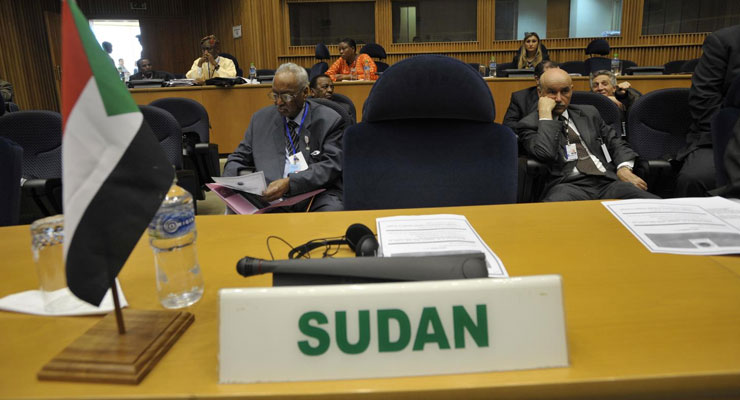 In April 2019 a revolution weakened the regime of Omar al-Bashir, forcing the army on which he relied to rule to remove him in a coup. But the army did not do this to promote democracy in power but to ensure that it continues to control politics in Sudan. Therefore, the fight for Sudan’s democracy remains uncertain. This article by Jen Kirby is published by Vox. Here is an excerpt:
In April 2019 a revolution weakened the regime of Omar al-Bashir, forcing the army on which he relied to rule to remove him in a coup. But the army did not do this to promote democracy in power but to ensure that it continues to control politics in Sudan. Therefore, the fight for Sudan’s democracy remains uncertain. This article by Jen Kirby is published by Vox. Here is an excerpt:
In Sudan, civil disobedience is a near constant.
Thursday, the country witnessed another round of pro-democracy protests, the latest upheaval in the days after the country’s prime minister Abdalla Hamdok stepped down. Protests had also preceded Hamdok’s resignation, which came a little more than a month after he was reinstated to the job from which he’d been ousted during an October military coup. That coup was also met with mass protests.
“Protesting started to be a lifestyle,” said Nazik Kabalo, a women’s rights activist and Sudanese researcher based in Canada. At pro-democracy demonstrations, you meet your friends, your neighbors, your girlfriends, or your boyfriends. “This is where people actually share their dreams of a better country together,” she added.
The fight for a better country started in earnest in 2019, after Sudan’s longtime dictator Omar al-Bashir was ousted through a grassroots revolution. In the aftermath, civilian and protest leaders and the military reached a power-sharing arrangement with the goal of transitioning to full civilian rule, including with a new constitution and democratic elections.
Read the full article here.
Leave a Reply